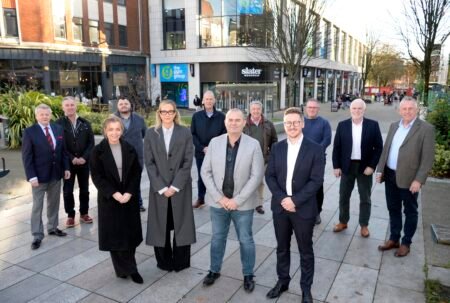Today’s report by the National Energy System Operator (NESO) on Clean Power by 2030 is a fundamental step forward for the advancement of a demand-led energy system, says the ADE (Association for Decentralised Energy).
The trade association represents the ‘Empowering Energy Demand’ mission, which advocates for Great Britain to embrace the value of a decarbonised, demand-led energy system that rewards those who use it.
Representing over 150 organisations from across the energy sector, the ADE has consistently championed a flexible energy system, and the crucial role it plays in the UK’s transition to net zero. Research has shown that advancing a more flexible energy system could increase carbon savings by up to 45% as well as generate up to £14.1 billion of system savings per year by 2040.
In the ADE’s recent report ‘Demanding More’, the trade association demanded ‘swift action from our public institution’ if Clean Power by 2030 is to be in reach. Particularly through the prioritisation of demand side flexibility (DSF), stating that ‘a lack of understanding of demand side flexibility is threatening net zero’. NESO’s report, which outlines the crucial next steps to achieve the Government’s mission of Clean Power by 2030, displays rhetoric similar to the trade association’s recently launched report. Stating that Clean Power by 2030 ‘will only be achieved with bold action and sustained momentum’, and DSF must be ‘considered on the same level as areas such as network build and new technology investment’.
Whilst this advice points the Government in the right direction, the trade association suggests that NESO must take on more responsibility as to how the transformation to a clean power system will be implemented, and what it will do as a public body to support those involved in a changing system.
Sarah Honan, Head of Policy at the ADE, said: “We are at a critical point in time for the energy system and the role it plays in assisting Great Britain in its transition to Clean Power by 2030. NESO’s report reflects the size of the challenge we face, however, we must address the challenges with vigor and pace. As NESO’s report says, a demand-led energy system must be at the forefront of a Clean Power by 2030, this is something the ADE and its members have known for a long time. What we need to see now is how this will get done. NESO must use its immense power and influence over national infrastructure to rewrite this narrative, and ensure that change is executed, so that Clean Power by 2030 becomes a true possibility.”
For further comment or interview, please contact external.affairs@theade.co.uk.








